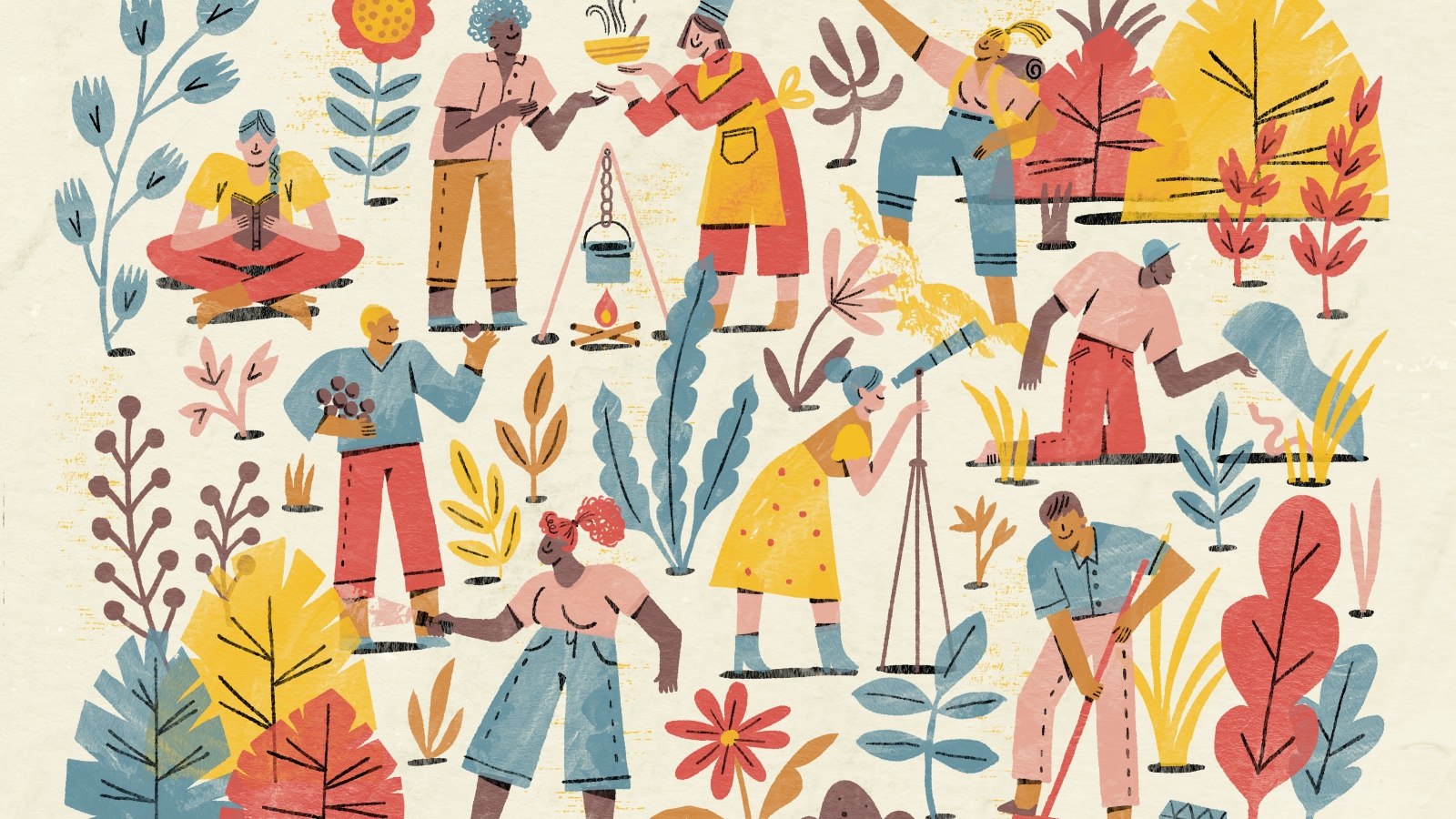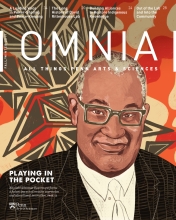Nearly all who paid tribute to the great chef, writer, and traveler Anthony Bourdain fondly noted that he was a self-described enthusiast. It was difficult not to, because that description was so apt. Bourdain was a paradigm enthusiast. It was this quality that was at the heart of his infectious virtue.
The virtue of the enthusiast is not well understood. For one, it takes a lot more to be an enthusiast than to have enthusiasm. The enthusiast has enthusiasm, but there is more to it. The enthusiast draws their attention to what is actually worth paying attention to; the enthusiast gets things right. Bourdain wasn’t indiscriminate in his enthusiasm. As Linda Holmes put it, his enthusiasm was “best understood not as bland and undiscerning rah-rah pump of the fist, but as undiluted appetite.” As he often put it, he was after the good stuff.
Having a sensitivity to the good stuff is one important aspect of the enthusiast. Yet there is still more to it. Snobs are also sensitive to value. But snobbery is anathema to the enthusiast. The difference lies in the fact that the snob thinks they have a monopoly on good taste. They think that what they like is all that is truly likeable. This is often, although not necessarily, coupled with the belief that what they like is part of high culture and thus superior to other valuable things (snobbery can be found everywhere, though; snobbery runs the gamut from music to pilsners to professional soccer leagues). They are thus not open to the vast array of the good and the interesting. Over time this leads to a dulling of their sensitivity to what’s good.
The enthusiast, on the other hand, is open to new values. They go forth into the day expecting to be dazzled by some unknown wonder. They realize that the world is filled with a plurality of value that no one has a monopoly over. Bourdain had this in spades. His life as a celebrity was dedicated to finding what was good across the globe. What made his shows particularly great was the fact that by tapping into his openness to the world, we all learned more about the unique values at the heart of the places he sought out.
Bourdain often palled around with locals in order to get an inside track. Often these guests would fall into another nearby category worth contrasting with the enthusiast. This is the aficionado. The aficionado is, perhaps by necessity, an enthusiast. But one can be an enthusiast without being an aficionado. What marks the difference is that the aficionado is an expert. They have a specialist knowledge about the area which they are enthused about.
Bourdain was certainly an aficionado about many things he explored on his shows—French cooking, sushi, hot dogs, to name a few. He was great fun when it came to these things. But his shows’ most profound moments came when he was discovering new wonders. This often required bravery in the face of the unknown. It was in these moments when his enthusiasm was at its purest, when his passion to get the good stuff pushed him through fear, loneliness, or alienation.
The beginning of the fall term is always exciting. What lies ahead is a sustained period of discovery. The university is a uniquely special place for the enthusiast, whether you’re part of the alumni community, or here on campus.
Let me offer some free advice to all of you, advice that seems to me all the more vital in our ominous current condition. Revel in the vast interestingness of the world. But don’t forget that there is always more to unearth and that you haven’t sussed it all out. Be brave in the face of what’s unknown. More often than not, the world will deliver something wonderful.
Errol Lord is Associate Professor and Graduate Chair of Philosophy. He is a 2019–2020 Faculty Fellow at the Wolf Humanities Center.




